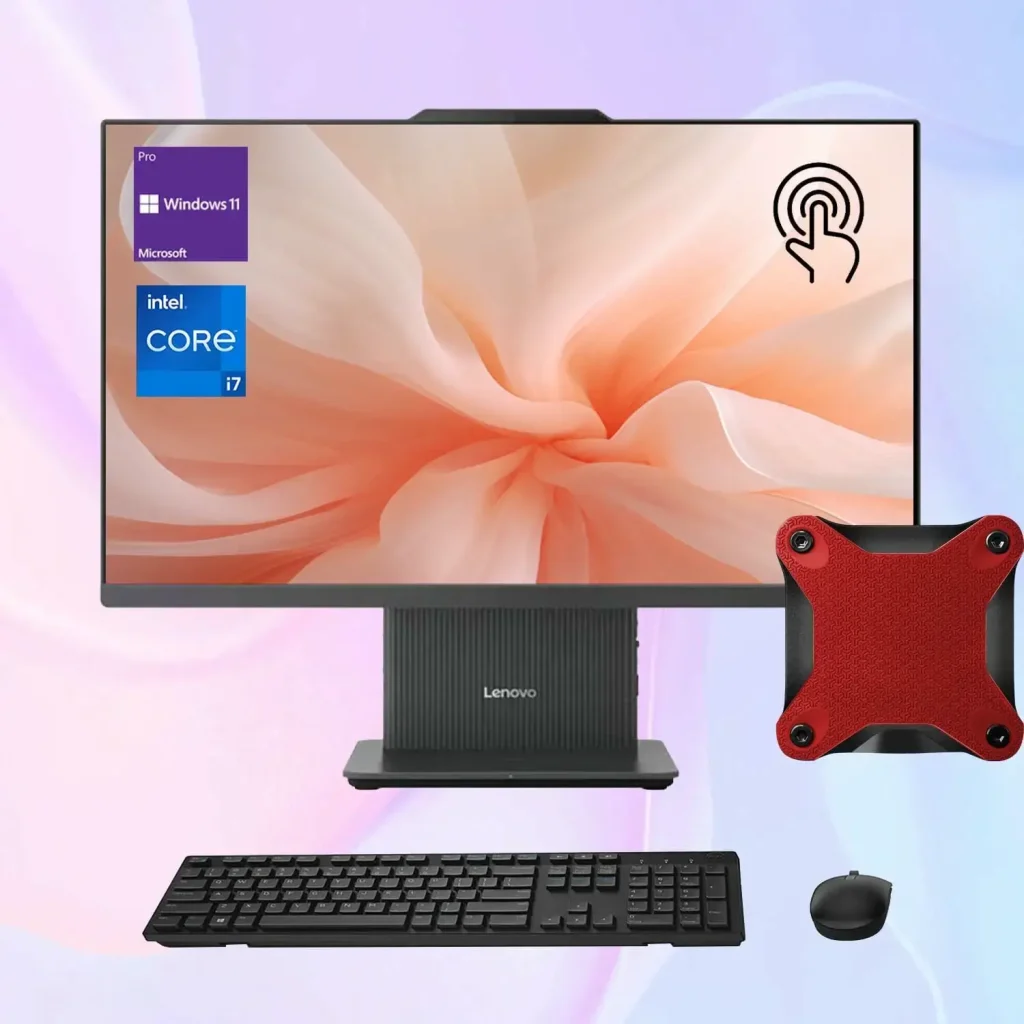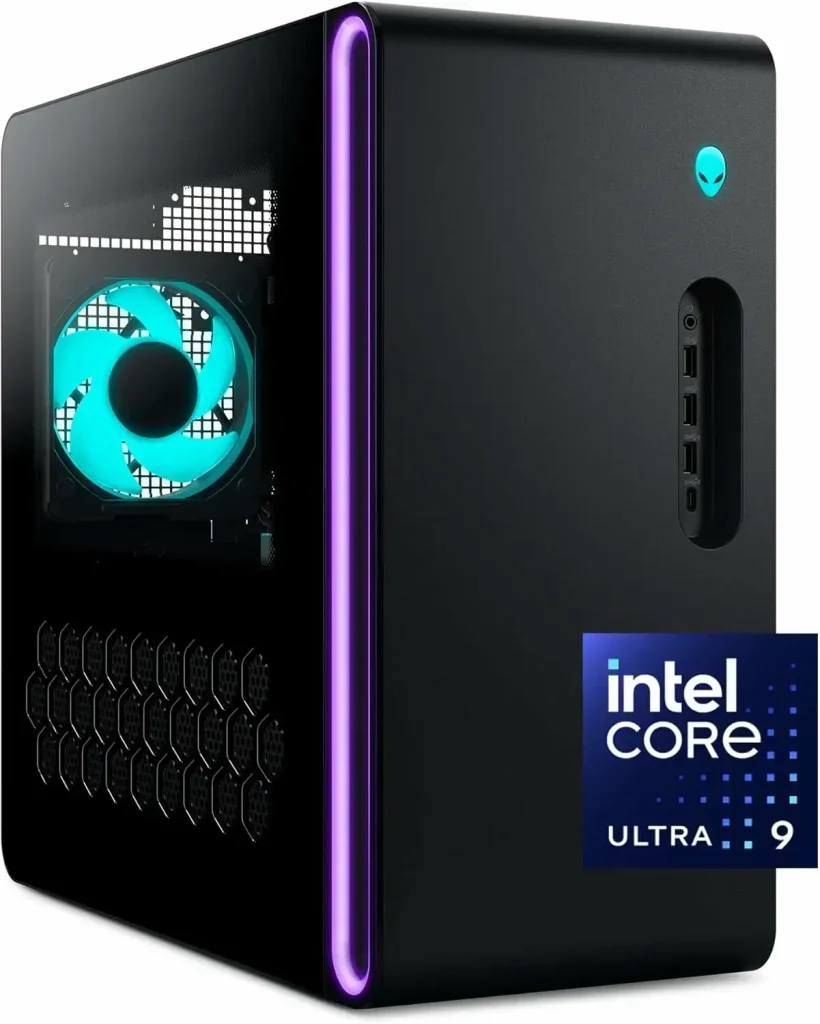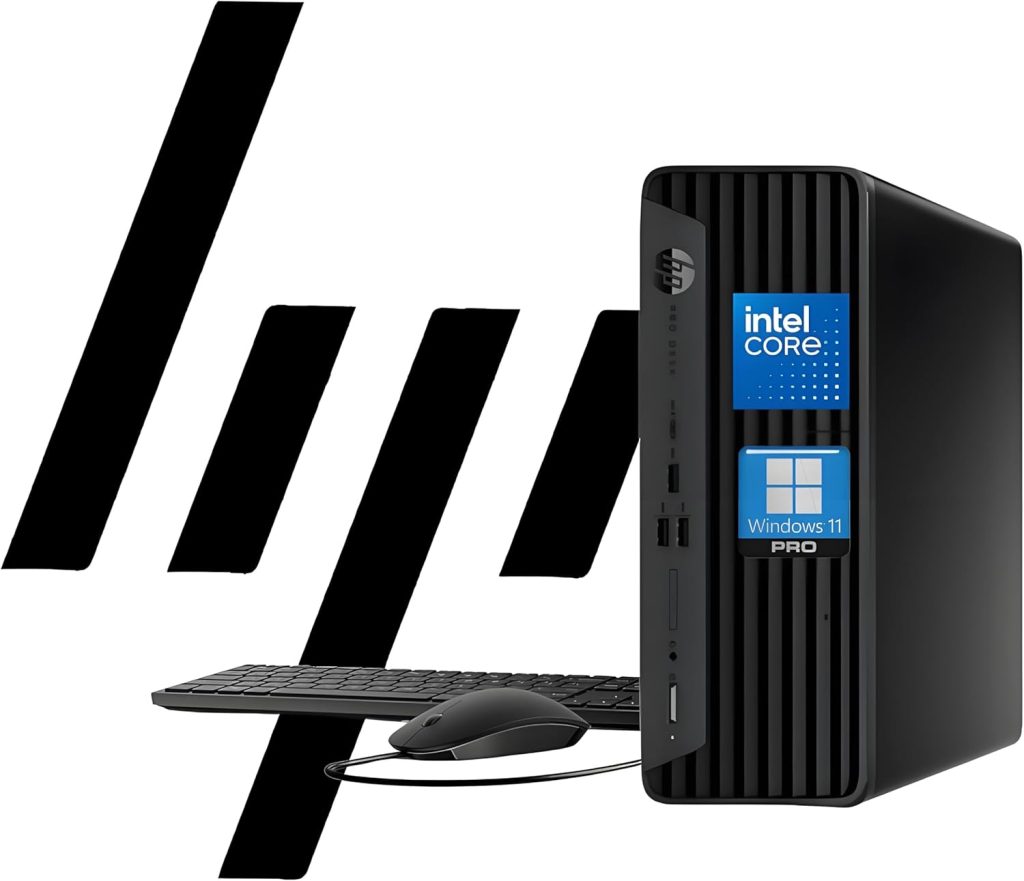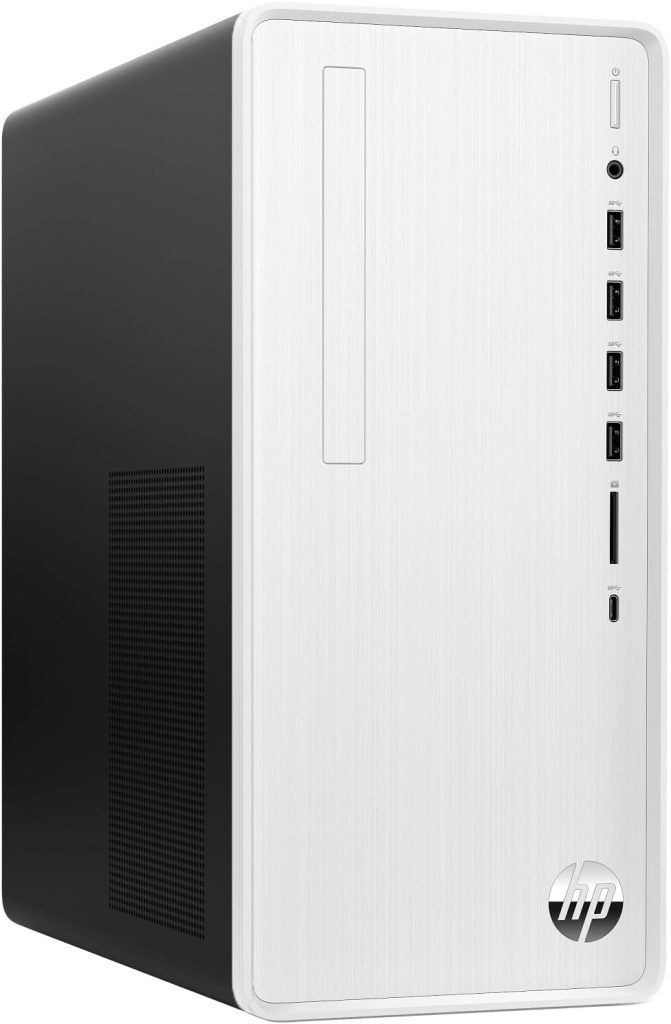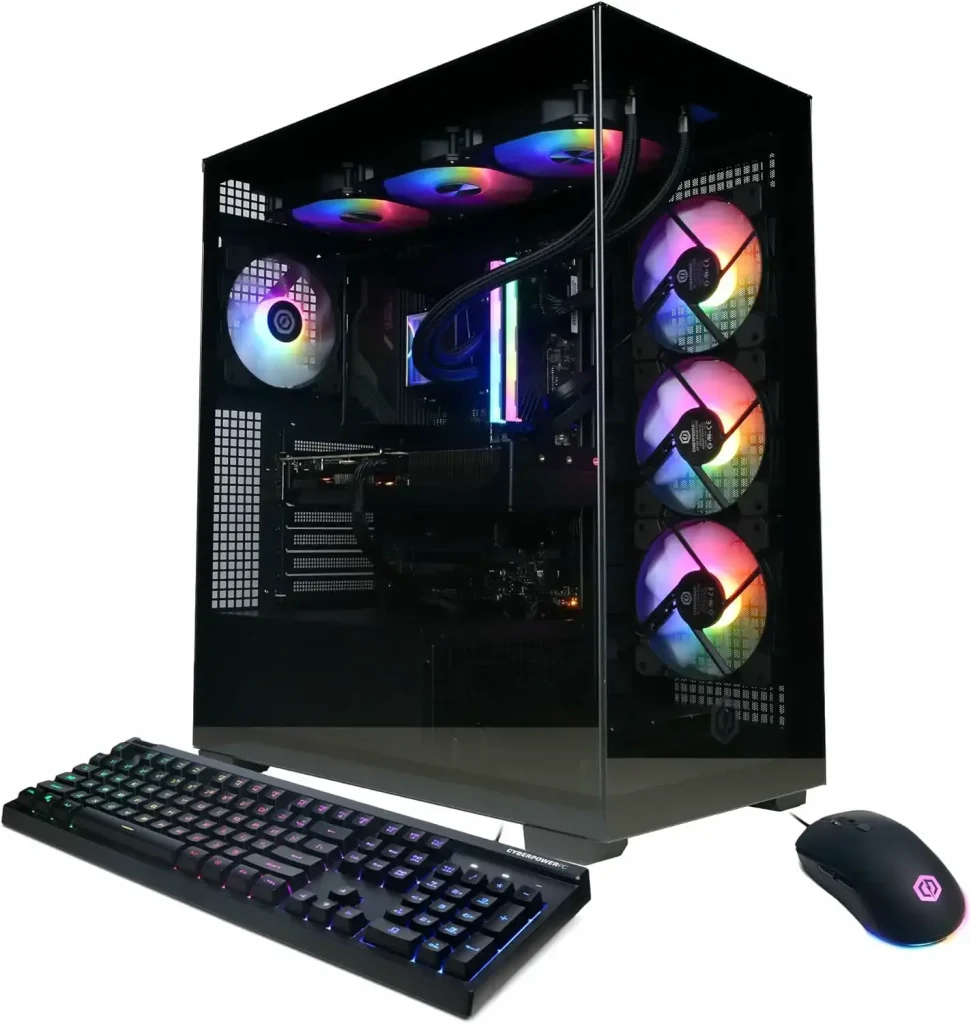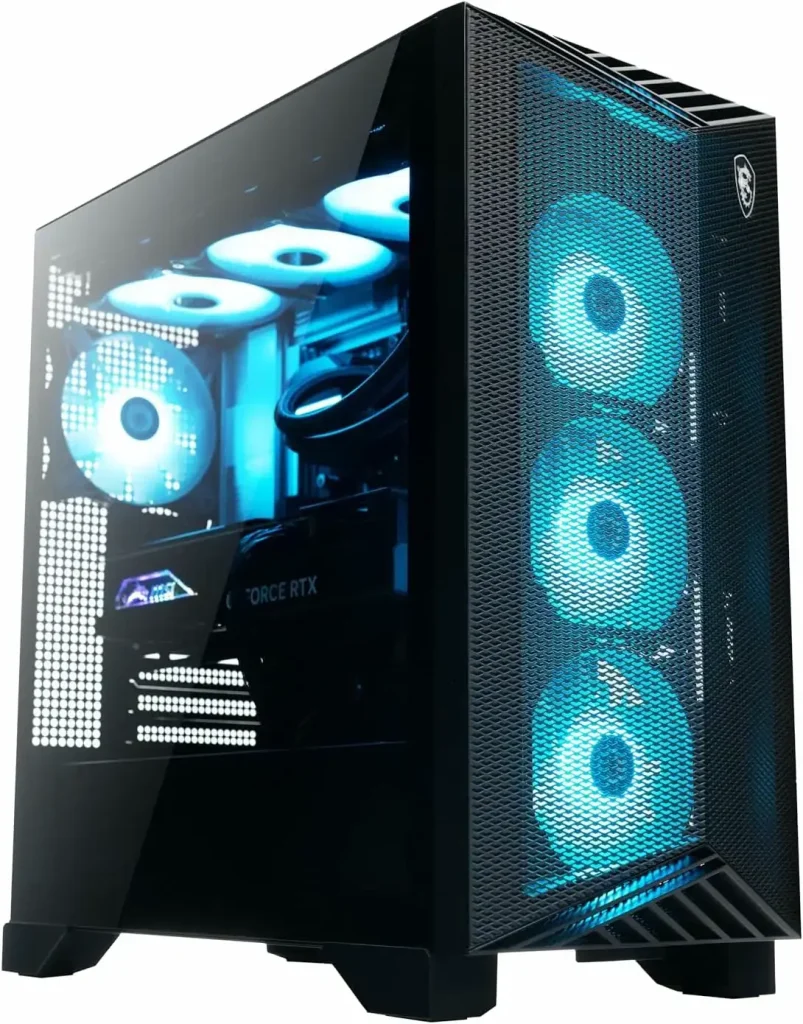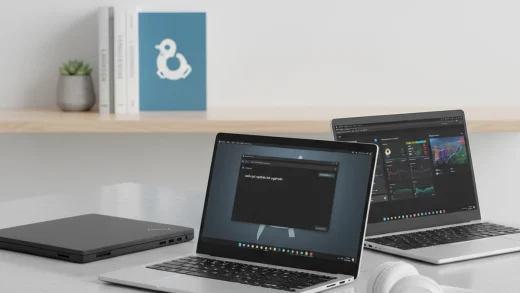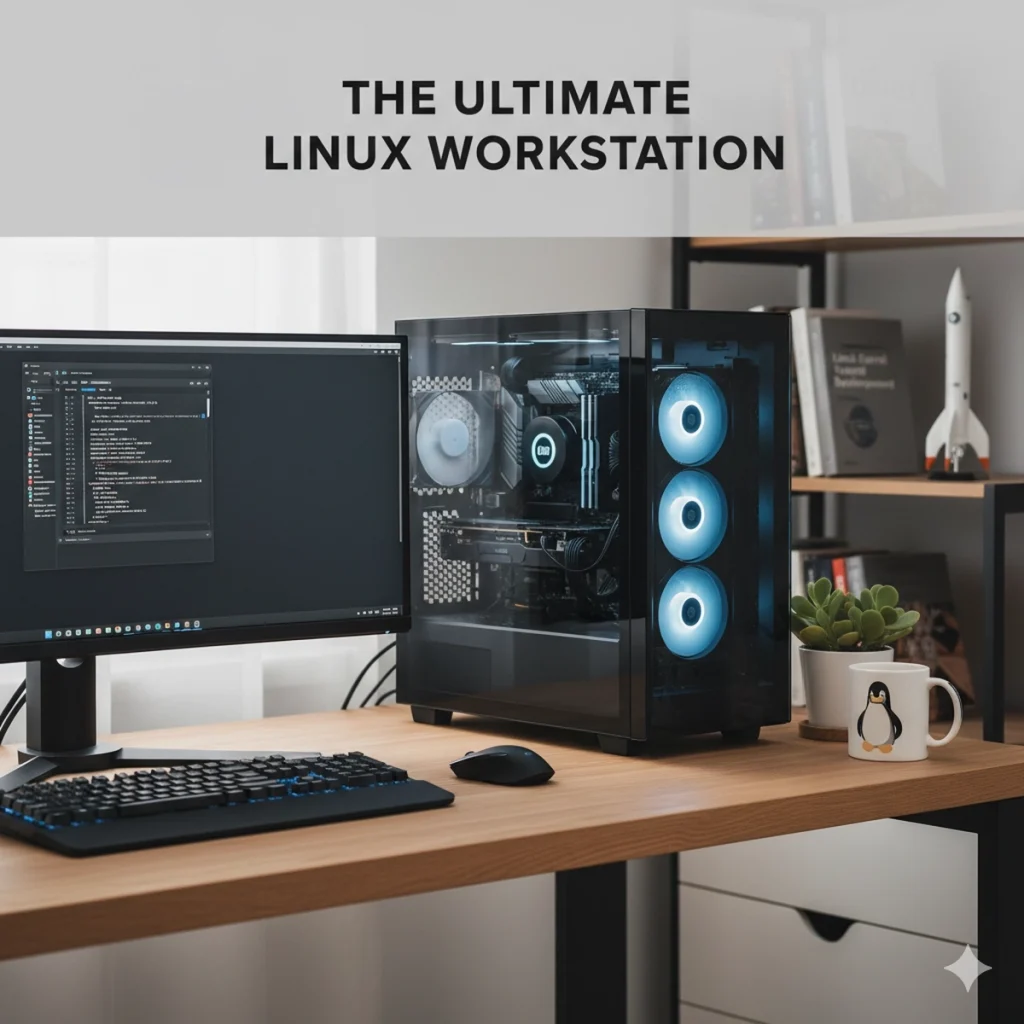 Choosing the right desktop computer for Linux is about more than just raw power; it’s about guaranteed compatibility.
Choosing the right desktop computer for Linux is about more than just raw power; it’s about guaranteed compatibility.
Unlike laptops, desktops offer incredible flexibility for upgrades, but you still need a solid foundation of hardware that works seamlessly with your chosen distribution.
This guide cuts through the confusion to bring you the best desktops for Linux in 2025, from sleek all-in-ones to powerful gaming towers, all known for their excellent compatibility.
This guide highlights the best Linux-compatible desktops in 2025. You have to download your own Linux operating system and we have the best posts for you to read like; best Linux distro for gamers, most popular Linux distros, distros for beginners and distros for developers.
Feel free to contact us or leave a comment below if you have any questions or want to tell us your favorite laptops.
Best Computer Desktops for Linux
Dell 27″ All-in-One (Core 7, MX570)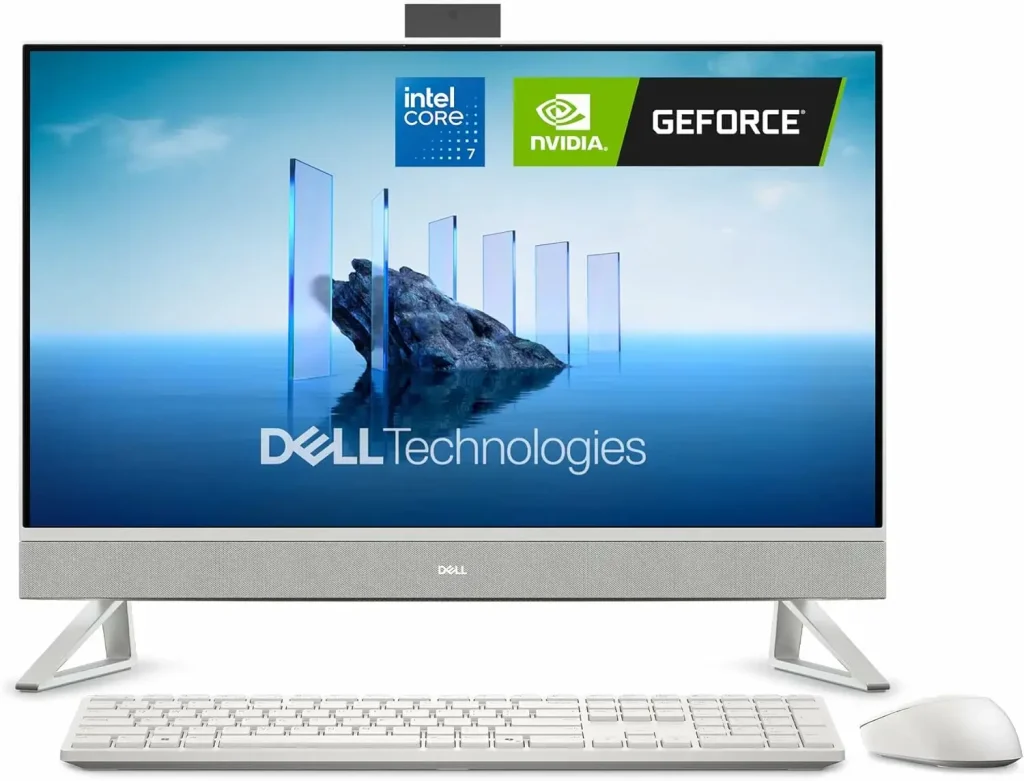
Who It’s For: Users who want a clean, minimalist setup with a stunning touch display for general productivity, creative work, and light gaming on Linux.
Key Features:
- 27″ FHD Touch Display
- Intel Core 7 Processor 150U
- NVIDIA GeForce MX570A Graphics (2GB GDDR6)
- 32GB DDR5 RAM
- 1TB PCIe SSD
Why We Recommend It:
This Dell All-in-One provides a fantastic, clutter-free experience. The combination of a modern Intel Core 7 processor, dedicated NVIDIA graphics (which have excellent Linux driver support), and a massive 32GB of RAM makes it a capable and beautiful machine for running Linux distributions with GUI-heavy desktops like GNOME or KDE Plasma.
Lenovo 24″ All-in-One (Intel 4-Core)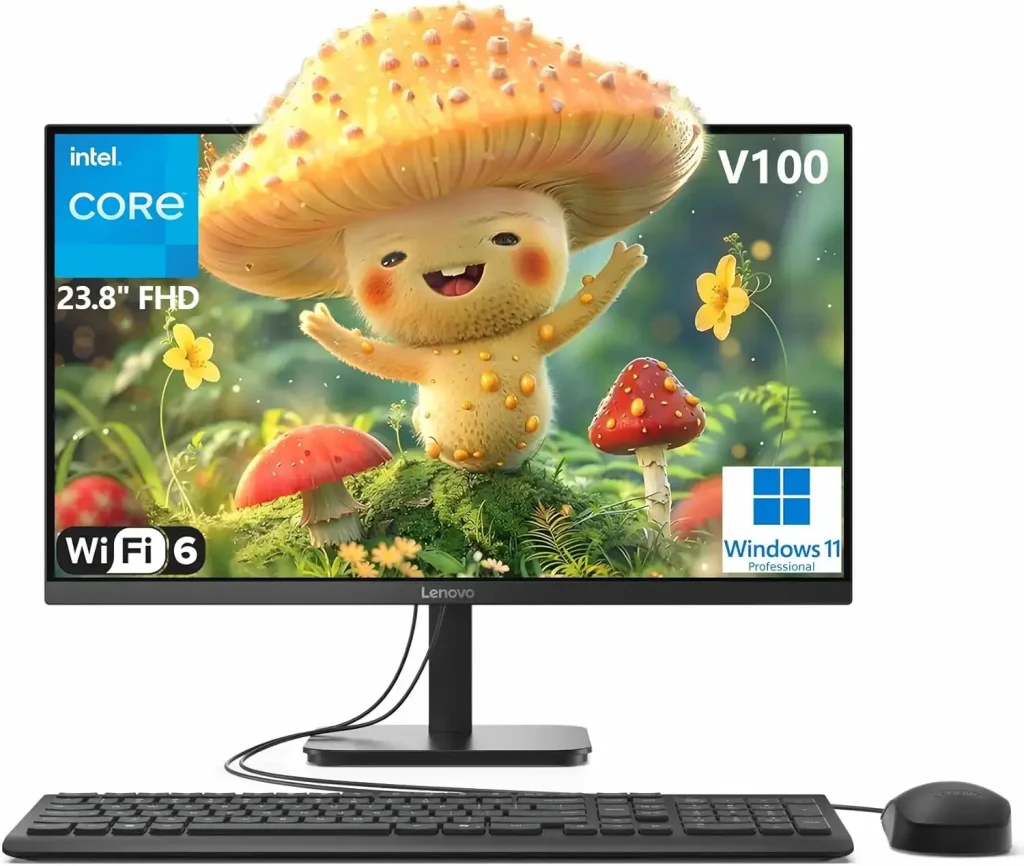
Who It’s For: Home office users, students, or anyone needing an affordable, space-saving all-in-one for everyday tasks on Linux.
Key Features:
- 24″ Full HD Display
- Intel 4-Core Processor (Equivalent to i3)
- 16GB DDR4 RAM
- 512GB PCIe SSD
- Wi-Fi 6 & Bluetooth
Why We Recommend It:
This Lenovo AiO is the ultimate value pick. It packs everything you need into a single unit: a vibrant display, speedy SSD, and enough RAM to ensure a smooth Linux experience for web browsing, document editing, and video calls. It’s a perfect, low-hassle entry point into the Linux desktop world.
Lenovo IdeaCentre 27″ AiO (Core i7, 64GB RAM)
Who It’s For: Power users, developers, and professionals who need a supremely powerful all-in-one for virtualization, software development, and heavy multitasking.
Key Features:
- 27″ FHD 100Hz Touchscreen
- Intel Core i7-13620H Processor
- Massive 64GB DDR5 RAM
- 2TB PCIe SSD Storage
- Wi-Fi 6
Why We Recommend It:
This IdeaCentre is an absolute beast in an all-in-one form factor. The 64GB of RAM is its standout feature, making it ideal for developers running dozens of Docker containers, multiple virtual machines, or compiling large codebases. The high-speed processor and huge SSD ensure there are no bottlenecks.
Alienware Aurora R16 (Ultra 9, RTX 5080)
Who It’s For: Gamers and creators who demand the absolute best performance for Linux gaming, 3D rendering, and AI development.
Key Features:
- Intel Core Ultra 9 285 Processor
- NVIDIA GeForce RTX 5080 Graphics
- 32GB DDR5 RAM
- 1TB PCIe SSD
- Liquid Cooling & 1000W PSU
Why We Recommend It:
The Alienware Aurora is a flagship gaming desktop built for the future. The RTX 5080, coupled with NVIDIA’s superb proprietary Linux drivers, will crush any game or creative workload you throw at it. This machine is for those who want a top-tier, no-compromise Linux gaming and content creation experience.
HP ProDesk 400 G9 SFF (Business Desktop)
Who It’s For: Businesses, offices, and developers who need a reliable, compact, and powerful workstation for servers, headless setups, or multi-monitor productivity.
Key Features:
- Small Form Factor (SFF) Design
- Intel Core i5 Processor
- 32GB DDR4 RAM
- 1TB PCIe SSD
- Dual 4K Display Support
- USB-C, HDMI, RJ-45
Why We Recommend It:
The HP ProDesk is the quintessential business workhorse. Its small size hides powerful specs and excellent connectivity, including dual 4K display support. It’s incredibly reliable and perfectly suited for running Linux as a development workstation, a server, or a dense office machine.
HP Pavilion Tower (Core i7, 32GB RAM)
Who It’s For: Families and power users at home who need a versatile and upgradeable tower for everything from homework and gaming to media center duties.
Key Features:
- Intel 8-Core i7-10700F Processor
- 32GB DDR4 RAM
- 1TB PCIe SSD
- Dedicated GeForce GT 610 Graphics
- Wi-Fi 6 & Bluetooth
Why We Recommend It:
This HP Pavilion Tower offers exceptional value for a full-sized desktop. The 8-core i7 processor and 32GB of RAM provide plenty of power for multitasking and software development, while the dedicated GPU ensures full compatibility for desktop effects and multi-monitor setups on Linux.
CyberPowerPC Gamer Xtreme (Core i9, RTX 5070)
Who It’s For: Gamers and enthusiasts looking for a high-performance, pre-built gaming PC that delivers exceptional value for running Linux games and creative apps.
Key Features:
- Intel Core i9-14900KF Processor
- NVIDIA GeForce RTX 5070 Graphics (12GB)
- 32GB DDR5 RAM
- 2TB PCIe 4.0 SSD
- Wi-Fi Ready
Why We Recommend It:
CyberPowerPC delivers fantastic performance per dollar. This configuration features a top-of-the-line Intel i9 CPU and a powerful RTX 5070 GPU, making it a beast for gaming on Linux (via Steam Proton/Lutris) and handling demanding tasks like video editing and 3D rendering.
MSI Aegis R2 (Ultra 9, RTX 5070 Ti)
Who It’s For: Gamers who want a high-performance, stylish gaming desktop with excellent cooling and build quality for a seamless Linux gaming experience.
Key Features:
- Intel Core Ultra 9 285 Processor
- NVIDIA GeForce RTX 5070 Ti Graphics
- 32GB DDR5 RAM
- 2TB M.2 NVMe SSD
- Efficient Air Cooling System
- VR-Ready
Why We Recommend It:
The MSI Aegis R2 stands out with its focused design and robust cooling solution. The powerful combination of an Intel Ultra 9 CPU and an RTX 5070 Ti GPU ensures buttery-smooth frame rates in the latest titles on Linux. It’s a well-built machine that balances performance, thermals, and aesthetics perfectly.
Linux Desktop Comparison Table
Take a quick peek into what each desktop is for and it’s key specs so you can quickly make your decision on which one to buy or gift.
| Desktop | Best For | Key Specs |
|---|---|---|
| Dell 27″ AiO | Premium All-in-One | Touch Display, 32GB RAM, Dedicated GPU |
| Lenovo 24″ AiO | Value All-in-One | Space-Saving, 16GB RAM, SSD |
| Lenovo IdeaCentre | Power User AiO | 64GB RAM, 2TB SSD, Core i7 |
| Alienware Aurora | Ultimate Linux Gaming | RTX 5080, Ultra 9, Liquid Cooling |
| HP ProDesk SFF | Business Workhorse | Compact, 32GB RAM, Dual 4K Support |
| HP Pavilion Tower | Home Office Power | 8-Core i7, 32GB RAM, Great Value |
| CyberPowerPC | Value Gaming | Core i9, RTX 5070, 2TB SSD |
| MSI Aegis R2 | Performance Gaming | RTX 5070 Ti, Ultra 9, Excellent Cooling |
Frequently Asked Questions
Why choose a desktop over a laptop for Linux?
- Easier Upgrades: Desktops allow you to easily swap out components like graphics cards, RAM, and storage as your needs change or new hardware becomes available.
- Better Performance: You typically get more power for your money with a desktop, as you aren’t paying for miniaturization and battery technology.
- Superior Cooling: Larger cases with more fans mean better thermal performance, which allows components to run at higher speeds for longer.
Laptops will still honestly do the job for most of you, take a look at our list of the best Laptops to run Linux on.
Are these desktops easy to set up with Linux?
Yes. All the desktops on this list use mainstream components (Intel/NVIDIA/Qualcomm networking) that are well-supported by the Linux kernel. For the best experience, especially with newer hardware, it’s recommended to use the latest Ubuntu LTS release or a rolling-release distribution like Fedora to ensure you have the newest drivers.
Is NVIDIA or AMD better for Linux?
This is a common debate. NVIDIA cards typically offer higher raw performance and require you to use their proprietary drivers for the best experience. AMD graphics cards have their drivers built directly into the Linux kernel, offering a fantastic out-of-the-box experience. Both are excellent choices today.
Can I use Linux for gaming on these desktops?
Absolutely. Linux gaming has never been better, thanks to tools like Steam Proton. The gaming desktops on this list (Alienware, CyberPowerPC, MSI) are more than capable of running the latest Windows games on Linux with performance often matching or coming very close to native Windows.

